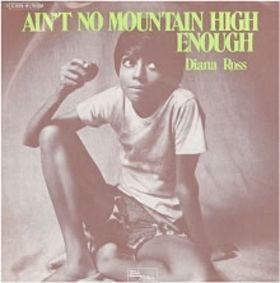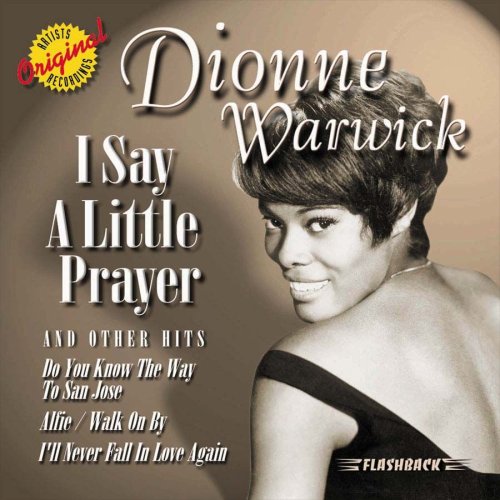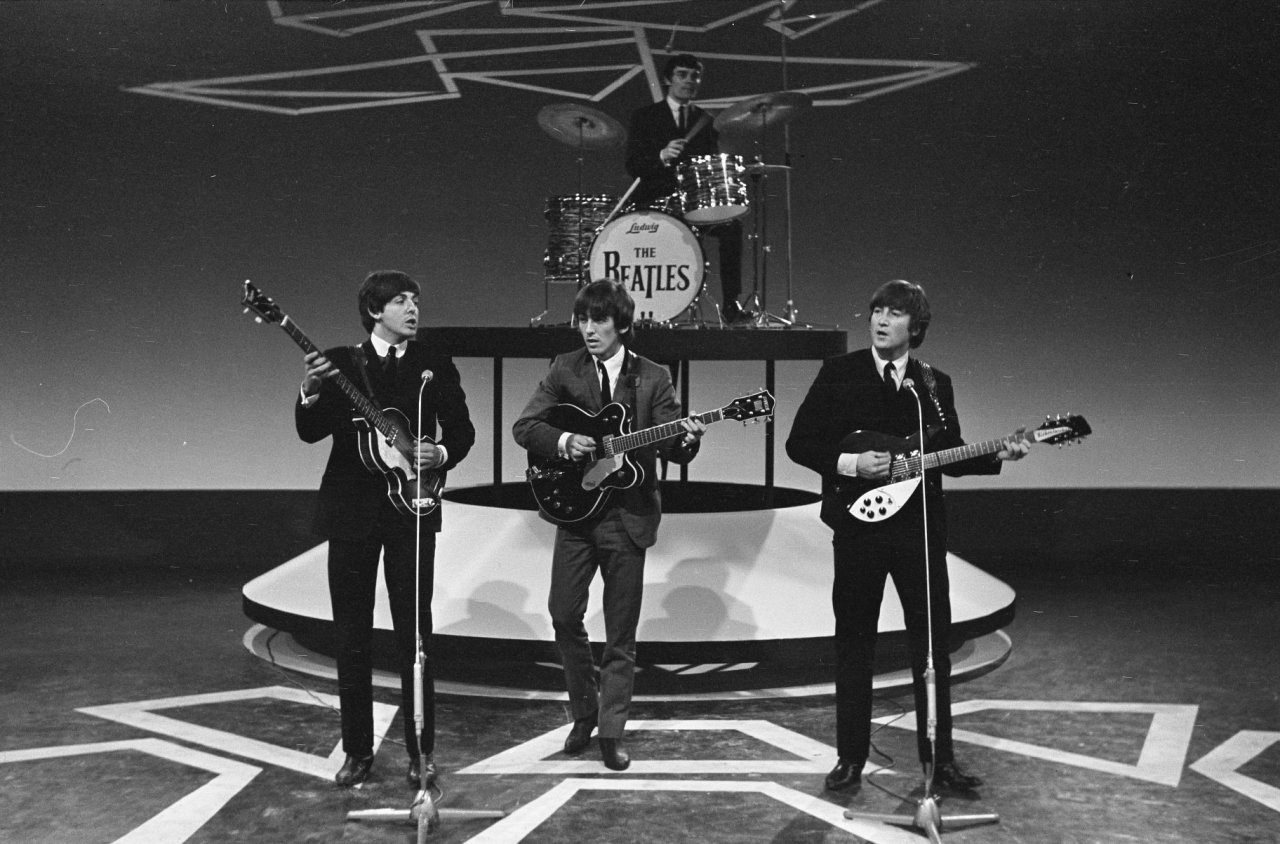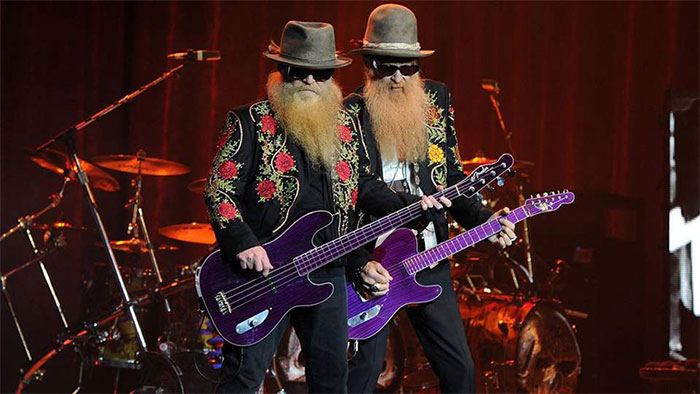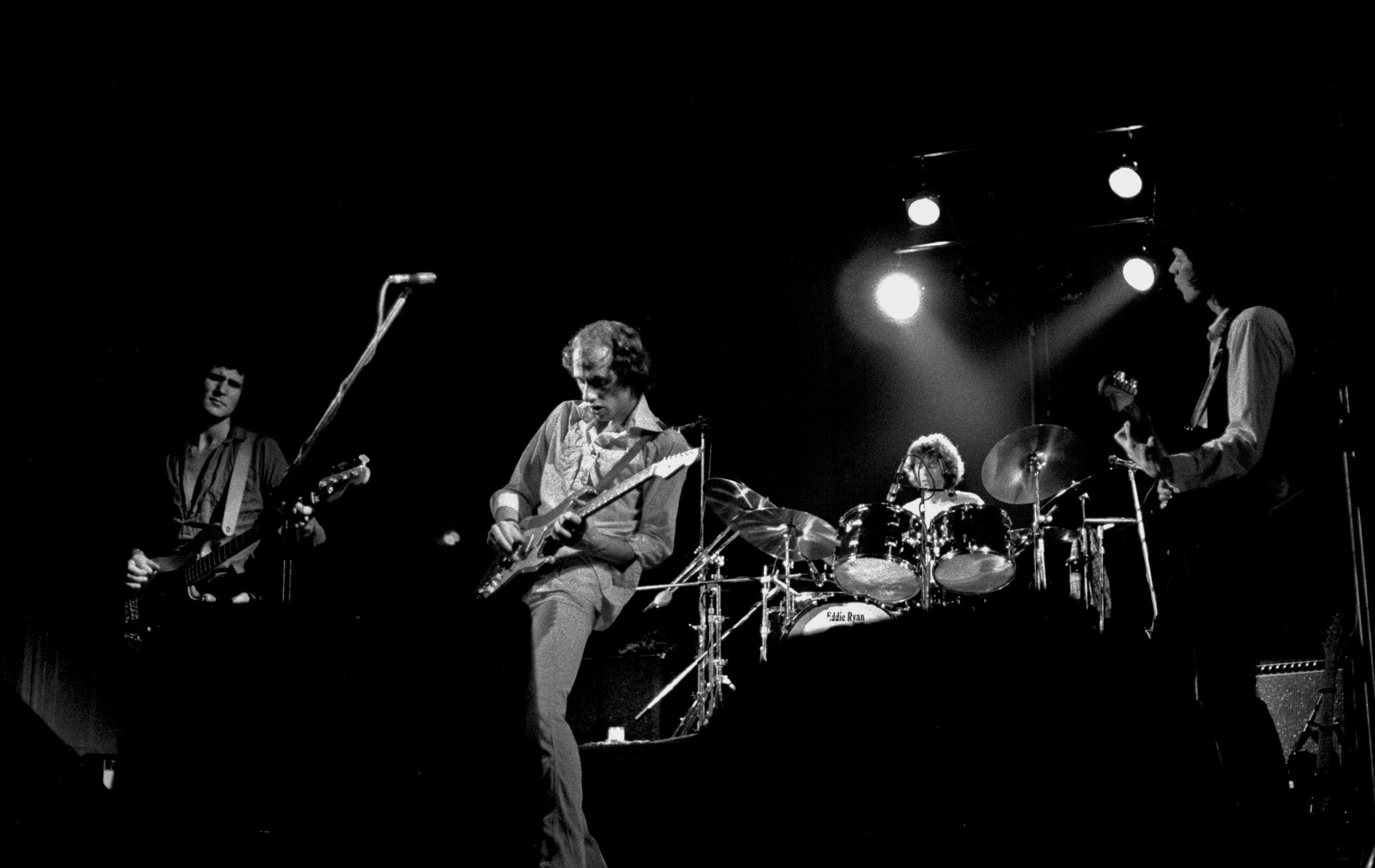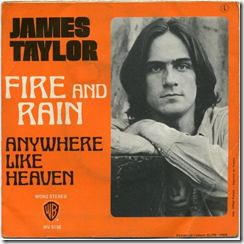I never saw The Ramones in concert. It kills me.
/Last night my family attended an outdoor concert at Elizabeth Park in West Hartford, CT. It's a summer tradition that we love. The band closed the show with The Ramones' Sedated.
I took the opportunity to grab Clara and teach her how to dance to punk music on the green grass under the dying light of the setting sun.
One of those moments I won't ever forget.
I don't have many regrets in life, and those that I do have were mostly out of my control.
- I failed to achieve Eagle Scout because of a near-fatal car accident at the time of my Eagle project made it impossible for me to complete the project despite all other requirements being complete.
- I wasn't able to attend college immediately after high school, missing out on that quintessential college experience, because I was forced to move out after graduation and support myself.
- I didn't continue to ride horses despite riding at a very early age because my parent's divorce resulted in the removal of the horses from our home and left me growing up on a horse farm absent of horses
- I wasn't able to pole vault during my senior year because of the aforementioned car accident
- I don't know my father very well and have spent little time with him since childhood, mostly because he disappeared from my life
Then there are a few regrets that are absolutely my fault.
Never seeing The Ramones in concert was one of them.
It's inexcusable. It was simply the result of the stupid assumptions that there would always be a next time. The band would tour again. I'd catch them next year.
Then the band broke up in 1996, and by 2004, three of the four members of the band were dead. The last, Tommy Ramone, died in 2014. I can't believe that those boys are all gone.
I will never see The Ramones in concert. It kills me.
As I held Clara's hands and jumped and smiled and laughed, I couldn't help but think, "What the hell was wrong with you? How did you never see these guys play? You're so stupid."
It's something I've said to myself many times.
When it comes to regret, The Ramones are my north star. They serve as my reminder of how fleeting opportunity can be. They are my admonition that I need to do things no matter how hard or inconvenient they may be before I can't do them anymore.
Last summer I came down with a bad case of pneumonia. I also had tickets to the Guns 'n Roses concert at Gillette Stadium. I went to the concert despite doctor's orders and the fact I couldn't walk 100 yards without running out of breath.
Even though I had seen Guns 'n Roses before, what if this was the last time they ever toured? What if this was my last chance to hear Welcome to the Jungle and Paradise City performed by the actual band that made those songs iconic?
I didn't want to find myself dancing in the grass to Sweet Child 'O Mine in ten years, knowing that the band had broken up or died in a plane crash or gotten too old to play anymore, and I missed my chance to see them one more time.
I sat for the entire concert. I sang along quietly and clapped like I was at a golf tournament.
I'll never forget that night, either.
That's the goal, people. Pile up the moments that you will never forget, and before you know it, you'll have a lifetime of happiness and joy and hopefully very little regret.




